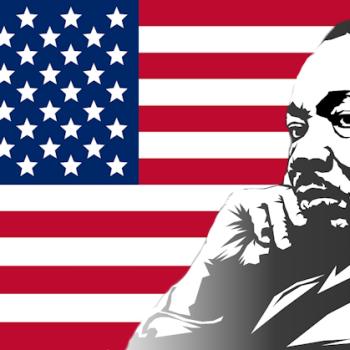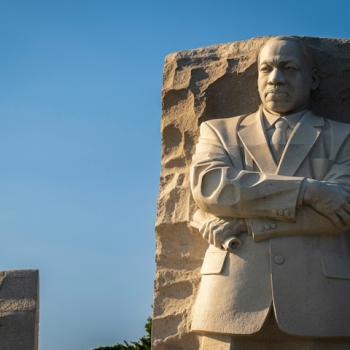As the U.S. elections draw near, American Muslims are reminded of their civic duty to engage actively in the democratic process and contribute positively to society. In a time when candidates campaign vigorously, it is essential to reflect on the values we hope our leaders will embody and the impact our participation can have on society.
Islam encourages us to be agents of justice, unity, and compassion in our communities. The Holy Qur’an underscores this responsibility: “O you who have believed, be persistently standing firm in justice, witnesses in justice” (4:135). This verse reminds us to look beyond personal affiliations or interests and to prioritize integrity when considering the future of our country.
Leadership, in Islam, is viewed as a profound responsibility, characterized by selfless service rather than power. The Prophet Muhammad (peace be upon him) taught, “A leader of the people is one who serves them” (Sakhavi). This spirit of service is essential as we select leaders who can work toward the common good. While we do not endorse any specific candidate, we hope that those seeking public office will embody this ethos, working to benefit all Americans regardless of race, religion, or background.
In addition, His Holiness Mirza Masroor Ahmad, the worldwide head of the Ahmadiyya Muslim Community, has spoken powerfully about the principles of Islamic democracy. In a historic 2016 lecture at York University, he stated, “When it comes to elections or nominations, a person should not vote automatically for his ally or party member; rather they should consider who is the most qualified and suitable for the task at hand. Thereafter, those who are elected and handed the keys to government or power should exercise their duties with honesty, integrity, and justice. This teaching is the model of democracy that Islam champions.” His guidance encourages us to approach voting thoughtfully, with an emphasis on capability and ethical responsibility.
For many American Muslims, especially those who are immigrants or children of immigrants, the right to vote is deeply significant. As the son of immigrants from Pakistan, I am profoundly grateful for the opportunity to participate in free and fair elections—a privilege that is not available to all in other parts of the world. This right, often taken for granted, strengthens our commitment to engage actively in the democratic process and to honor the sacrifices of those who came before us. Being able to vote freely is a powerful reminder of the rights and freedoms we cherish here, motivating us to uphold these values for future generations.
In Islam, our words and actions hold significant weight. The Holy Qur’an urges us to “speak kindly to mankind” (2:83). As the political rhetoric intensifies, it is crucial that our leaders use language that fosters unity rather than division. Words have the power to either build bridges or deepen divides, and leaders who embody kindness, honesty, and respect can help unify our diverse communities. A society built on mutual respect and shared values is better equipped to overcome challenges and foster inclusivity.
Our faith aligns closely with the American ideals of justice, trust, and compassion. The Holy Qur’an instructs, “Indeed, Allah commands you to render trusts to whom they are due and when you judge between people to judge with justice” (4:58). This guidance underscores that our votes are a form of trust—an opportunity to choose leaders who will serve with fairness and integrity. This principle is also reflected in the teachings of the Promised Messiah, Hazrat Mirza Ghulam Ahmad, who emphasized that the essence of religion is the well-being of humanity (Tadhkirah). Our participation in elections thus becomes an act of faith, a way to contribute to a just and compassionate society.
As we approach this election season, let us carry forward the values we cherish by supporting candidates and policies that reflect integrity, unity, and justice. Voting allows us to work collectively toward a future that prioritizes equity and compassion, not just as Muslims, but as Americans dedicated to fostering a culture of mutual respect and shared responsibility. In this way, casting our ballots becomes more than a civic duty; it is a commitment to shaping a society rooted in our highest ideals. May we honor this opportunity to promote a fair and just society for all.













